Zim elections 2018: An unfolding novelty . . . ‘Experience, depth and state incumbency will trump youthfulness’
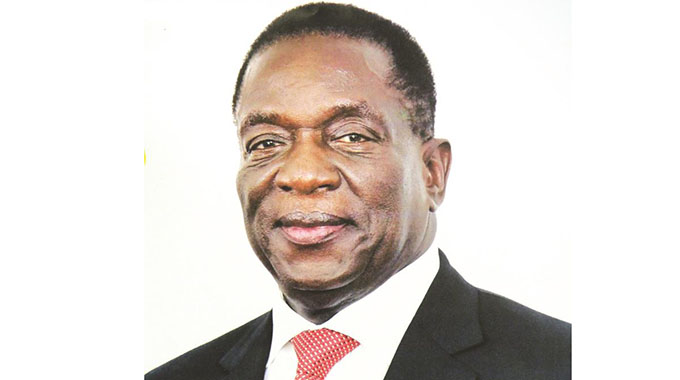
Prof Eldred V Masunungure Correspondent
Zimbabwe post-February 2018 finds itself in a novel situation.
The country’s political landscape is without its two principal political fixtures: the long-ruling Czar of Zimbabwe, ex-President Robert Gabriel Mugabe of the equally long-ruling 55-year old ZANU-PF; and Morgan Tsvangirai, the veteran opposition leader of the 20-year old MDC-T party.
The first was eased out of State House via military executed and mass-supported intervention code-named Operation Restore Legacy, while the latter exited through the hand of God.
The two parties are now under new and younger political sheriffs, Emmerson Dambudzo Mnangagwa (popularly known as ED) leading ZANU-PF as well as the State and Nelson Chamisa now in charge of the MDC-T and its umbrella MDC Alliance.
Thus, a three-level “new dispensation” ensued: in the country, in ZANU-PF and in the main opposition MDC-T.
The 76-year-old ED and the youthful 40-year-old Chamisa will be locking horns in an epic, high-stakes electoral battle for supremacy and Zimbabweans as well as the world have no more than three months to know who the new political supremo in the country will be.
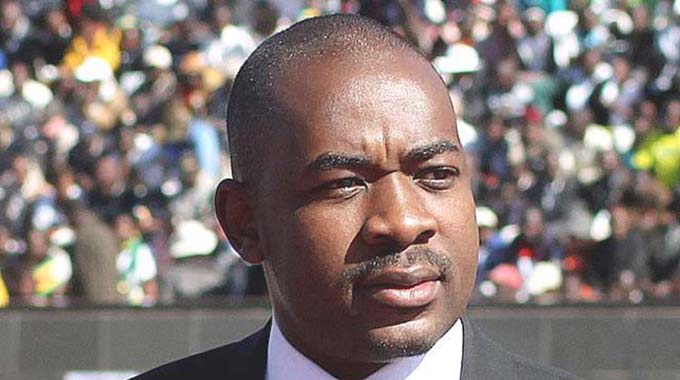
Nelson Chamisa
It is important to first acknowledge that the two leaders and their respective parties are not the only political gladiators on the political stage.
In fact, the Zimbabwe political universe is inhabited by a bevy of more than 120 parties – many fittingly described as “mickey mouse” whose membership is smaller than that of many burial societies – only two really matter – the two mentioned above.
Anecdotal evidence suggests that in the upcoming harmonised elections, the other parties and their leaders are not likely to attract more than minuscule popular support.
Under the new political leaderships, both ZANU-PF and the MDC-T have been reinvigorated, the latter evidently more than the former, at least going by the enthusiasm and passion exhibited at Chamisa’s public rallies.
He has charmed many, but also alienated not a significant few, especially within the old MDC-T, now bitterly contested between him and former deputy president Thokozani Khupe and awaits determination by the courts.
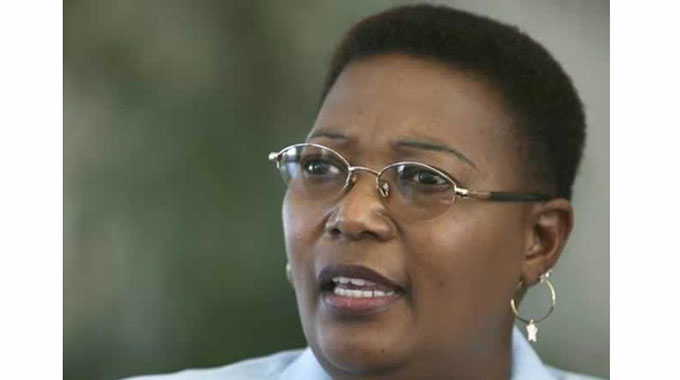
Thokozani Khupe
Only the jealous and blind can deny evident truth that he has energised his nearly moribund party and done so within a short space of time.
Chamisa clearly has his strengths. Principally, it is his charismatic charm, energy, academic training and attendant intellect that seem to have edified his electoral attractiveness.
But many see his greatest political asset as his youthfulness, especially when arraigned against the gerontocratic cadres in the rival ZANU-PF.
However, this asset may also be his liability if only because youthfulness is not policy.
Exhibiting one’s youthful persona without projecting the party’s policy is a grave mistake; voters need to be convinced that you don’t just seek power and its perquisites, but that you are ready to govern and that you have the tools to govern and to do so with efficacy.
As I see it, a clear deficit area is what Plato, the ancient Greek political philosopher, called temperance, that is, self-restraint, a virtue that everyone needs, but especially so the public leadership. It is likely that he will acquire this virtue with time.
ED has the clear advantage of maturity, experience, elderly charm – many, here and abroad, have fallen for his charm – and he exhibits both temperance and confidence. But his greatest asset is incumbency in the context of a symbiotic party-state relationship.
In that context, the party can breastfeed on the state when it is thirsty and hungry.
In short, there are innumerable strategic benefits that come with being at the helm of the state.
On the face of it and perhaps because of the party-state synergies, ZANU-PF is organisationally fitter, financially more endowed, is ubiquitous in all crevices of the state and society and has the depth and breadth of leadership to make the all-important difference between success and failure at the polls.
So, who will triumph in July/August?
This question would have been irrelevant earlier this year.
Up to February, it was a near certainty who would triumph in Zimbabwe’s sixth presidential and ninth parliamentary elections.
ED would easily have effortlessly trounced Tsvangirai and his MDC-T (and MDC Alliance).
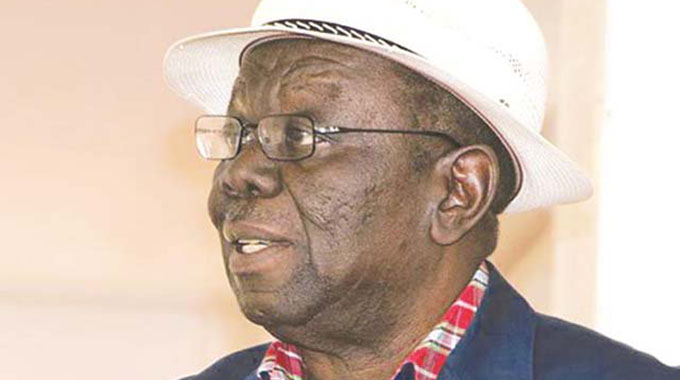
The late Morgan Tsvangirai
Now, that certainty has been uncertain, courtesy of the “new dispensation” in the opposition MDC-T/MDC Alliance.
This is so in the context of another novelty; the manifestly freer and tranquil political and electoral environment that allows many, for the first time in two decades, to be able to freely express themselves and to participate in political activities virtually unhindered.
Notwithstanding what denialists may claim, Zimbabwe is “threatening” to actually experience a fair and peaceful election with the further “threat” that the contest may actually be free and credible.
In short, there is a new electoral trajectory.
Previously, there was uncertainty of process and certainty of outcome. Now, going forward, there is considerable certainty of process and uncertainty of outcome, the very definition of free and fair elections in most established liberal democracies.
My prognosis is that while the presidential and parliamentary elections will not be perfect, they will be free and fair enough to be acceptable both in and outside Zimbabwe.
Lastly, though the election looks like it will go to the wire, the greater likelihood, based on cold-blooded analysis, is that the experience, depth and state incumbency will trump youthfulness.
Prof Eldred Masunungure is a senior lecturer at the University of Zimbabwe’s Department of Politics and Administration


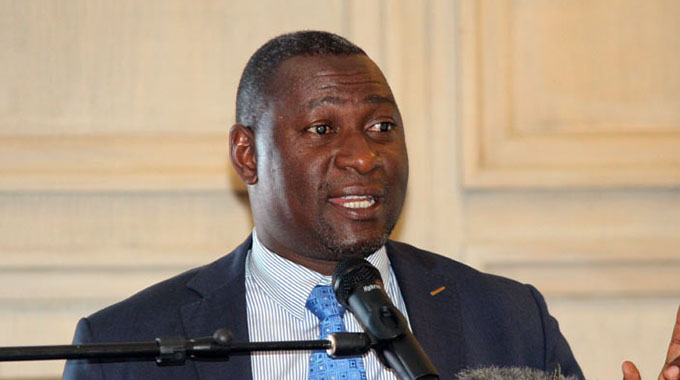





Comments